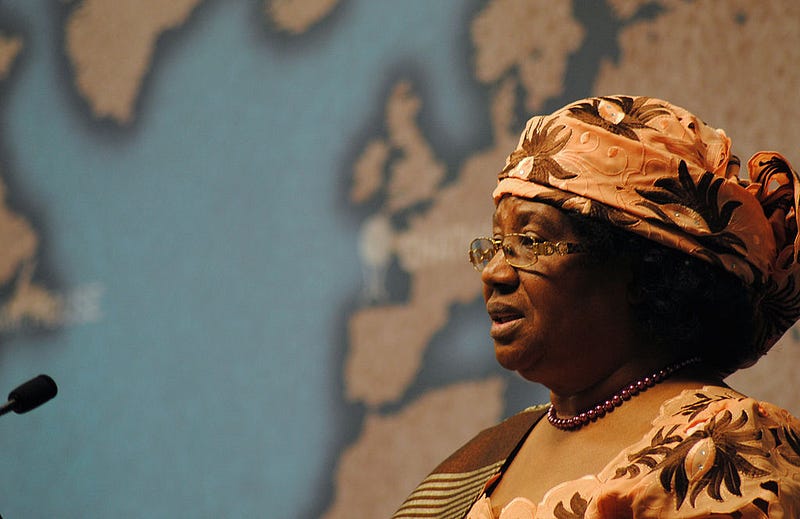Education Is Key to Empowering Africa’s Future Female Leaders, Says Akilah’s Honorary Chancellor…

“On International Women’s Day, let us pledge to support our future female leaders by providing them with the education that can allow them to press forward to gender parity,” says Akilah’s Honorary Chancellor, Dr. Joyce Banda.
One of the most critical reasons why I have been able to access positions of leadership throughout my life is because my father valued my education. Without this, I would have been much more susceptible to fall victim to harmful traditional practices, such as early marriage, that plague my fellow women and girls across Africa.
I know firsthand the benefits of investing in young women, and this is why I proudly serve as the Akilah Institute’s Honorary Chancellor, where I am able to advocate on behalf of the 470 students currently enrolled at Akilah.
So why do I share the Akilah Institute’s vision to educate future generations of women leaders and professionals in East Africa? Because this is an urgent need. The last Millennium Development Goals were unsuccessful in empowering women, and now we must act quickly to ensure we achieve the Sustainable Development Goals, particularly №4 (Quality Education), №5 (Gender Equality), and №8 (Decent Work and Economic Growth). Akilah’s innovative education model gives women market-relevant skills and knowledge, which will in turn allow them to find a job, earn money, and invest it in their professional, political, and personal advancement.
We need a critical mass of leaders, which begins with institutions like Akilah. We can build the capacity of our people to contribute to global economic growth.
Sisters from around the world should be inspired by African women, as we have had four female presidents, and an African country, Rwanda, ranks №1 globally for the highest number of women in Parliament. And as African women, we should be proud of ourselves. We have always been leaders, even before colonization. We know the answers to our society’s challenges, and we can face them head on. We are not sitting back asking for handouts, we are saying what we want, and we know how to help educate, empower, protect, and encourage girls and women so they can grow into the leaders they are destined to be and that the world needs.
Today, we are here to raise our voices. It is unacceptable that women are dying giving life, that 130 million girls are out of school, that women who wish to become leaders remain silenced victims of scandals and lies. We know what needs to be done in order to achieve the SDGs. We need a critical mass of leaders, which begins with institutions like Akilah. We can build the capacity of our people to contribute to global economic growth.
In 2016, African Women Movements awarded its Gender Champion Award to Rwandan President Paul Kagame. In his acceptance speech, President Kagame explained why he champions women’s rights: “It is logic and common sense. Women are as talented and as skilled as men … When you sideline them, you lose something big,” President Kagame said.
Distinguished ladies and gentlemen, why then is common sense not so common? There are more women than men in this world, and women brought the other half into this world. On International Women’s Day, let us pledge to support our future female leaders by providing them with the education that will allow them to press forward to gender parity.
Dr. Joyce Banda joined the Akilah Institute as Honorary Chancellor in 2017. She served as President of the Republic of Malawi from 2012 to 2014. She was Malawi’s first female president and Africa’s second. She is an entrepreneur, activist, politician, and philanthropist.
